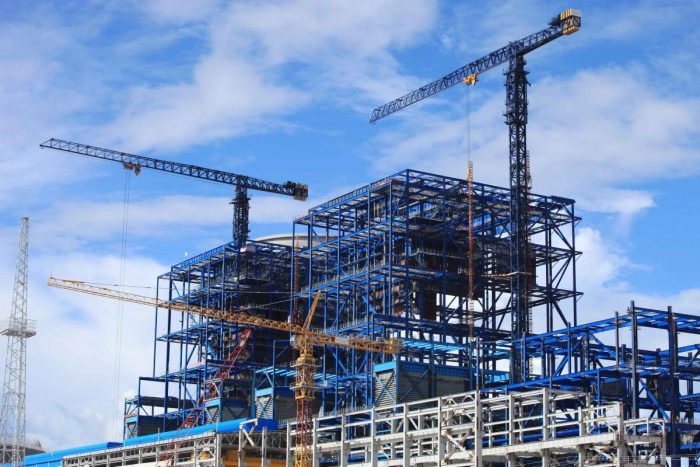
The construction industry is often the very visible symbol of our changing world.
In the same ways that a cityscape is affected by its panorama of skyscrapers, the industry itself is affected by internal and external drivers; drivers which, if not negotiated effectively and handled with an intensive respect for the future may tear the industry to its very core and see more destruction take place.
Construction equipment has become more and more specialized over the years, and competition between companies have deepened due to ever-present demand. Sites offer reviews of the best equipment such as drill drivers, and companies compete to win over contractors and construction companies. Respect to the natural course of the competitive market will remain, but will be affected by factors the future will bring. With the ever-changing technology, it will be a fierce race and companies will strive to keep up.
Technology is a good example of ‘respect’ for the future.
The adoption and integration of technology into the construction industry has been slow, and in many cases, completely non-existent. For example, payment systems are still needlessly complex and often reliant on shorthand. Company invoicing and record-keeping has not yet moved to digital platforms, which offer a more reliable and trackable experience – necessary in an industry so filled with individually contracted workers.
There are easily-fixed solutions to this; readily available online software like that at Progressclaim.com can handle the input of data across sites and devices. There is no excuse for the ongoing ignorance and lack of tech-forward thinking when such solutions are workable and affordable.
Ethical Considerations
The construction industry wrestles with the well-known use of contract labour.
It has become a political football, and a hot-topic that all sides of the political spectrum have seized upon to no great effect.
Some projects that are large in size may be made up of many hundreds of individually contracted workers – in the sense that they are not employed centrally by a business’s payroll. As a result, terms and salaries are not equally remunerated or negotiated, and both businesses and employees notice the lack of quality control and cohesion between cohorts (this can include skill levels, the difference in communication styles and languages spoken, and even the level of work ethic).
In order to curtail this potential disaster, employers need to look at how the core of their business is structured – are there ways to level the playing-field between employees (while providing a better working and trading environment) while also remaining competitive and cost effective?
The global marketplace and the proliferation of (more) free trade has also meant that governments have created special categories of visas, where workers from nations outside of the home state can apply to work in the building and construction trades on top of, and often instead of, local workers. Visa-employed workers are (almost universally) employed on lower wages, without the support of workers’ unions and trade unions, which often act as salary negotiators and intermediaries.
Political Protectionism
Political protectionism is another element of regression which has steadily seeped into the construction industry, wrapped up as a parcel with the discussions around foreign labour. The same political mouthings which draw attention to the use of visa-based labour also occasionally offer to remind the public that there is a benefit to locally manufactured and maintained goods, with flow-on effects at an everyday, human level (local employment, ongoing jobs-creation).
In many ways, the storm brewing in the construction industry has been quietly permeating for decades. The industry has trended towards the use of cheaper, imported materials, rather than relying on traditionally quarried and locally manufactured products. The reduction in costs (from a business perspective only) will ‘in-theory’ budget for greater amounts of projects to be undertaken with greater overall productivity.
The real cost to the industry from this practice is the perception of the finished product – that is, it is cheapened and seen as disposable. There is no focus on longevity and quality, rather there is a focus on creating a supply of ‘product’ in order to fulfil temporary ‘demand’.
In order to future-proof the construction industry, more attention needs to be paid to the overall balance between the cost of supply, and the ongoing availability and long-term value of their product. An age-old case of quality, rather than quantity – a trend also being seen across many other industries.
Find a Home-Based Business to Start-Up >>> Hundreds of Business Listings.
















































